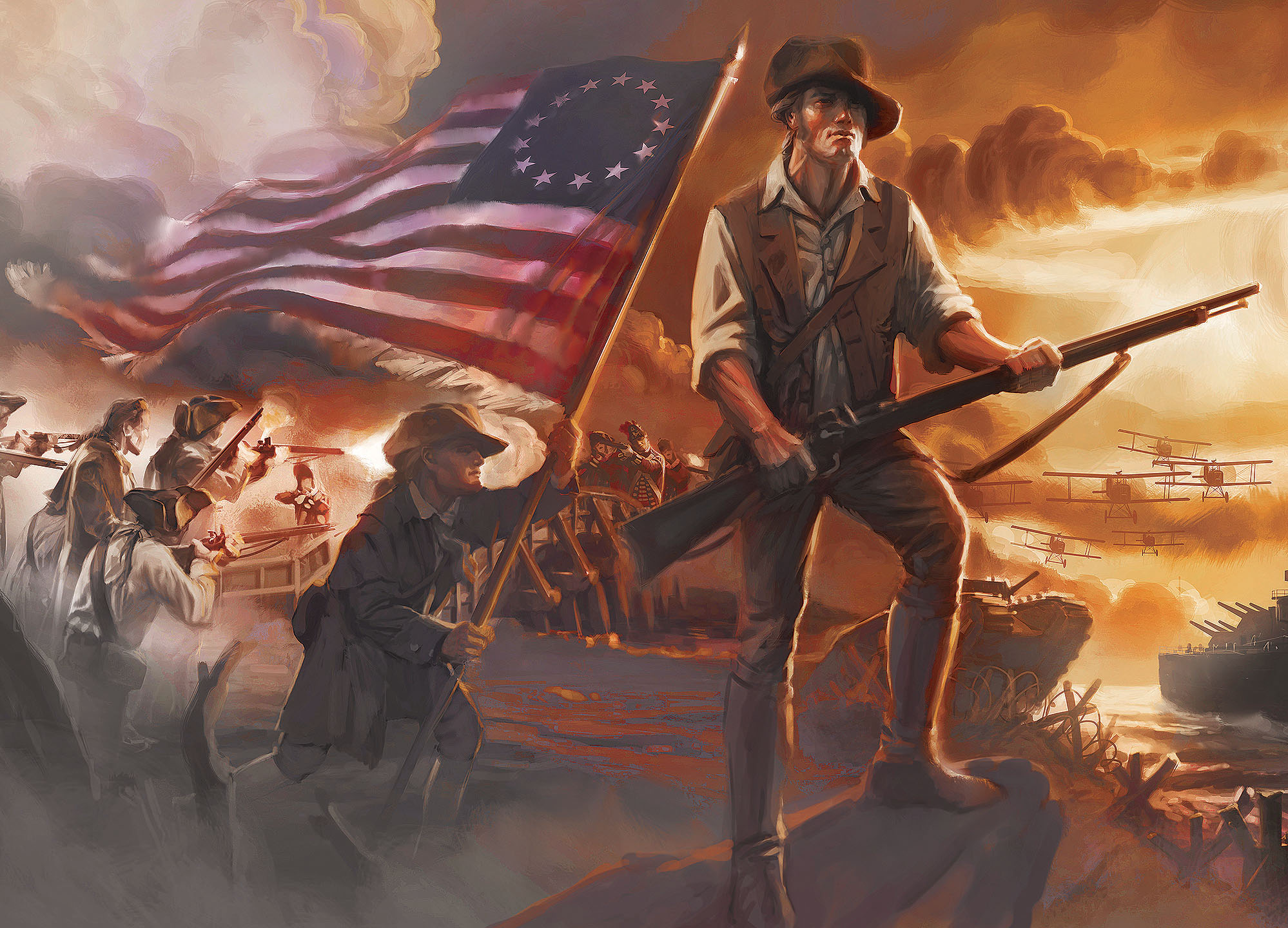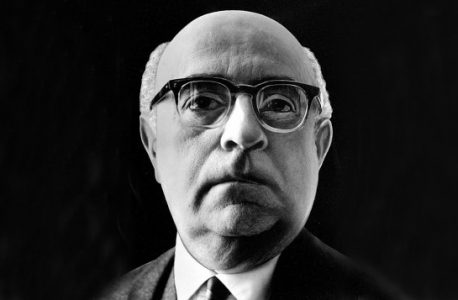By Laszlo Foldi for Magyar Nemzet
Society cannot be open; thus the use of this term leads to the distortion of its content. The two words used together oppose each other: “open society”. Societies, throughout time, have existed within a framework, and they still do now. National borders symbolize this best by drawing designated geographical units around those who belong within. Even the legally abolished borders of the EU were reinstated as soon as any calamity occurred such as illegally immigrating masses or a pandemic. At times like these, we quickly find out that there is indeed still a border between Germany and Austria, just as Denmark and other EU countries have reinterpreted their lines of defense when in need of an alternative solution. In other words, the principle of “open borders” is typical of a problem-free, peaceful, consolidated period.
The twisted logic of an “open society” automatically calls into question the particular culture, linguistic community and ideological, religious identity of a given nation. He who loosens and denies this structure consciously questions the purpose of his existence and shuts himself out from society. He can live in the country of his choice, but merely as a welcome guest. He can settle down anywhere (surprisingly, with the exception of a few Arab countries) but only those who adopt the rules of integration can have the right to vote. He is protected by law if he lives according to the law – but cannot fulfill a representative role in legislative matters. This is also the case in the allegedly ultra-tolerant Western world, because why else do they expel by court order those who refuse to meet the expectations of the host country?
Throughout historical eras and in the midst of social change, there have existed regularities, essential values, and obvious mistakes that sometimes call for change. But at the origin of every objective process is man – ecce homo – who is in charge of these events. Man, who creates and gives birth to ideas, in possession of his gifts from God, he is the trustee of all development. Man, who is not free from his own unique personal traits, be they positive or progressive or even distorted, which usually become potential catastrophes if put in practice.
It often turns out that – usually in retrospect – the thoughts and actions of certain outstanding historical figures were generated by their shortcomings. On the one hand, there is the creative force that sets them apart from the others. On the other hand, there is an inner weakness, their conscious distortion of normality. The question is: which dominates? The extremities that emerged in philosophical scholarly teachings from the XIX-XX. centuries proved to be quite virulent; they clearly had strong impacts then and still do today. Among the ideological predecessors of “open society” as an ideal, we find Marx, Engels, Antonio Gramsci, Max Horkheimer, or Herbert Marcuse – where we can find both those aforementioned personalities.
Marx, the father of the communist ideology became homeless – like Horkheimer, leader of the Frankfurt School – when he had to escape Germany. Marx was forced to immigrate to Great Britain while Horkheimer to the United States. It is obvious and understandable that the essential element of their philosophies was the search for a life after homelessness and a denial of the existing social model as they sought to formulate the perspective of statelessness. Italian philosopher Antonio Gramsci suffered from physical and mental illness and in his short life (he died at age 46) often escaped deprivation; his philosophical theories evidence his difficult life with his hypothesis of a class war with no other alternative.
Revolution is everything, consolidated life is a symbol of an unsustainable, outdated world, thus there can be no problem with bloodshed and destabilized nations on the altar of a new age – he said. This includes Engels’ antireligious beliefs which are rooted in his father’s home. The young Engels was not angry with his deeply religious, gaunt, and relentlessly tyrannical father – rather he found fault with religion, which is outrageous nonsense. Herbert Marcuse, symbol of the ’68 revolutions, was also bound by the harmful personality traits he harbored. Due to the nature of it all, the idea of free love and sex without taboos appeared among young people in a form that shook society as well. The comparison of listed thinkers does undeniably carry some speculation, but their symbolism shows the subjective determination of a person prone to distortion.
The bigger problem is that it is all too easy to find similarities in the worldviews of their ideologies and those who spread the concept of “open society” today. The redefinition of concepts like supranationalism, gender theory, or family show their forced, dead-end nature. One senses that this “open society” philosophy is some sort of key to breaking up the boundaries of nations. The door has already opened a crack, letting in the “winds of change”. How can it be explained that poultry can also be considered family members according to their ideals? Therefore, we must categorically declare that a family will always be made up of a father, mother and child – and while dogs, cats, and other animals can be friends, they are not family members.
The task now is to close society’s door on those with distorted ideologies who want to change the basic form of human community. And what has already passed through the defense system poses a daily challenge for all those who want to stand up and defend human fundamental values. Regardless of party affiliation, everyone must understand that true openness is a vision of responsibility for the future, not a vision of destruction by anarchy.

